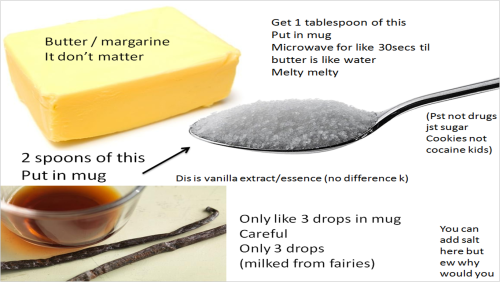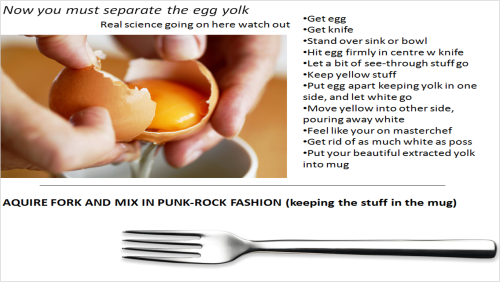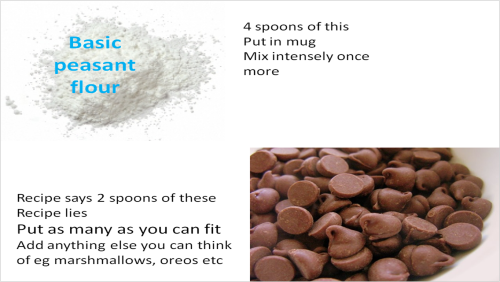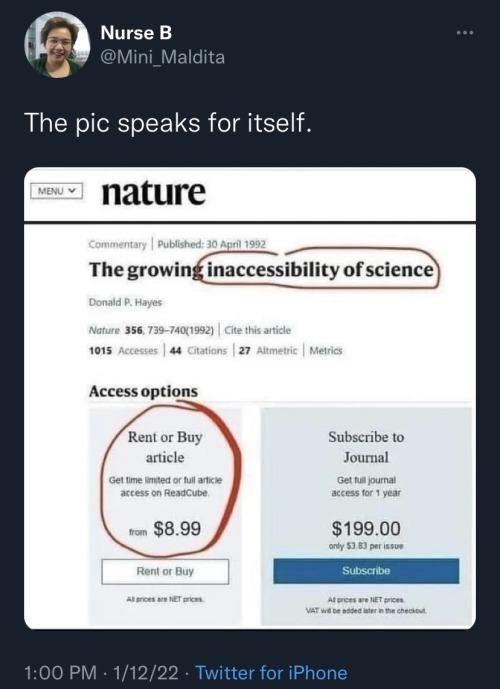Apparently A Lot Of People Get Dialogue Punctuation Wrong Despite Having An Otherwise Solid Grasp Of
Apparently a lot of people get dialogue punctuation wrong despite having an otherwise solid grasp of grammar, possibly because they’re used to writing essays rather than prose. I don’t wanna be the asshole who complains about writing errors and then doesn’t offer to help, so here are the basics summarized as simply as I could manage on my phone (“dialogue tag” just refers to phrases like “he said,” “she whispered,” “they asked”):
“For most dialogue, use a comma after the sentence and don’t capitalize the next word after the quotation mark,” she said.
“But what if you’re using a question mark rather than a period?” they asked.
“When using a dialogue tag, you never capitalize the word after the quotation mark unless it’s a proper noun!” she snapped.
“When breaking up a single sentence with a dialogue tag,” she said, “use commas.”
“This is a single sentence,” she said. “Now, this is a second stand-alone sentence, so there’s no comma after ‘she said.’”
“There’s no dialogue tag after this sentence, so end it with a period rather than a comma.” She frowned, suddenly concerned that the entire post was as unasked for as it was sanctimonious.
More Posts from Thejunkdrawers and Others
Did you know that beetle wings used to be sewn onto dresses? Like, hundreds of them on each dress? It's equally creepy and beautiful.
oh my stars, anyone have pictures?
help what were those little graspy hands that held stuff people used to wear on their skirts called
Feels like I should post these here as well - Chinese makeup elements iconic to Mulan’s era!
Meaning the Northern and Southern Dynasties, the Sui dynasty, or the Tang dynasty (~400-900 CE). These few hundred years were when aesthetic styles in China were at their boldest.





My Instagram
My Chinese history tweet collections
Explaining acá and ahí would be a lot easier if English still used “hither” and “thither”.
Like aquí is “here”, and acá is “hither”. Where “hither” means “over here” or “closer”; different from “here” which is an actual place, while “hither” is a direction.
And allí is “there” but ahí can be “thither” which is “towards that place” or “over there” like you’re pointing.
And allá is “all the way over there” or “yon(d)” or “yonder”.
If you study Spanish long enough you’ll understand “Olde” English a whole lot more because they weren’t as different once upon a time.
-
 data-walker liked this · 1 week ago
data-walker liked this · 1 week ago -
 tarkeena liked this · 1 week ago
tarkeena liked this · 1 week ago -
 newdawnhorizon reblogged this · 1 week ago
newdawnhorizon reblogged this · 1 week ago -
 newdawnhorizon reblogged this · 1 week ago
newdawnhorizon reblogged this · 1 week ago -
 yesitsanusha reblogged this · 1 week ago
yesitsanusha reblogged this · 1 week ago -
 yesitsanusha liked this · 1 week ago
yesitsanusha liked this · 1 week ago -
 sirporcupine liked this · 1 week ago
sirporcupine liked this · 1 week ago -
 itsoveranakin-ihavethehighground reblogged this · 1 week ago
itsoveranakin-ihavethehighground reblogged this · 1 week ago -
 professor-pants liked this · 2 weeks ago
professor-pants liked this · 2 weeks ago -
 aceoflights reblogged this · 2 weeks ago
aceoflights reblogged this · 2 weeks ago -
 sfaradi liked this · 2 weeks ago
sfaradi liked this · 2 weeks ago -
 rosetherandom liked this · 2 weeks ago
rosetherandom liked this · 2 weeks ago -
 tp47 liked this · 2 weeks ago
tp47 liked this · 2 weeks ago -
 theladyhightower liked this · 2 weeks ago
theladyhightower liked this · 2 weeks ago -
 toeragsanonymous reblogged this · 2 weeks ago
toeragsanonymous reblogged this · 2 weeks ago -
 tessytempest reblogged this · 2 weeks ago
tessytempest reblogged this · 2 weeks ago -
 tessytempest liked this · 2 weeks ago
tessytempest liked this · 2 weeks ago -
 dragonkitten555 liked this · 2 weeks ago
dragonkitten555 liked this · 2 weeks ago -
 quigonmybeloved reblogged this · 2 weeks ago
quigonmybeloved reblogged this · 2 weeks ago -
 southern-belle-outcasts reblogged this · 2 weeks ago
southern-belle-outcasts reblogged this · 2 weeks ago -
 frsoutherlandauthor reblogged this · 2 weeks ago
frsoutherlandauthor reblogged this · 2 weeks ago -
 doctormegalomania reblogged this · 2 weeks ago
doctormegalomania reblogged this · 2 weeks ago -
 dandelion-de-deus liked this · 2 weeks ago
dandelion-de-deus liked this · 2 weeks ago -
 rose-in-the-snow liked this · 2 weeks ago
rose-in-the-snow liked this · 2 weeks ago -
 paranormal-taters liked this · 2 weeks ago
paranormal-taters liked this · 2 weeks ago -
 citadelofthestars reblogged this · 2 weeks ago
citadelofthestars reblogged this · 2 weeks ago -
 misty-eyed-memory reblogged this · 2 weeks ago
misty-eyed-memory reblogged this · 2 weeks ago -
 furubat reblogged this · 2 weeks ago
furubat reblogged this · 2 weeks ago -
 dancing-dawn liked this · 2 weeks ago
dancing-dawn liked this · 2 weeks ago -
 notpacoalpha reblogged this · 2 weeks ago
notpacoalpha reblogged this · 2 weeks ago -
 notpacoalpha liked this · 2 weeks ago
notpacoalpha liked this · 2 weeks ago -
 reve-nant liked this · 2 weeks ago
reve-nant liked this · 2 weeks ago -
 corvusherpestidae reblogged this · 2 weeks ago
corvusherpestidae reblogged this · 2 weeks ago -
 corvusherpestidae liked this · 2 weeks ago
corvusherpestidae liked this · 2 weeks ago -
 calmyourstorms reblogged this · 2 weeks ago
calmyourstorms reblogged this · 2 weeks ago -
 calmyourstorms liked this · 2 weeks ago
calmyourstorms liked this · 2 weeks ago -
 physicsgoblin reblogged this · 2 weeks ago
physicsgoblin reblogged this · 2 weeks ago -
 sulphuric-glue liked this · 2 weeks ago
sulphuric-glue liked this · 2 weeks ago -
 the-lost-alchemist reblogged this · 2 weeks ago
the-lost-alchemist reblogged this · 2 weeks ago -
 skeleton-rings liked this · 2 weeks ago
skeleton-rings liked this · 2 weeks ago -
 daniellcody liked this · 2 weeks ago
daniellcody liked this · 2 weeks ago -
 animeandcatholicism reblogged this · 2 weeks ago
animeandcatholicism reblogged this · 2 weeks ago -
 picnicarts reblogged this · 2 weeks ago
picnicarts reblogged this · 2 weeks ago -
 everything163 liked this · 2 weeks ago
everything163 liked this · 2 weeks ago -
 humanbug liked this · 2 weeks ago
humanbug liked this · 2 weeks ago -
 ilikelookingatthings reblogged this · 2 weeks ago
ilikelookingatthings reblogged this · 2 weeks ago -
 cuntdestroyer3000 liked this · 2 weeks ago
cuntdestroyer3000 liked this · 2 weeks ago -
 behabeha liked this · 2 weeks ago
behabeha liked this · 2 weeks ago -
 lamathematikos liked this · 2 weeks ago
lamathematikos liked this · 2 weeks ago

A side blog where I'll *try* to keep things organised.yeahthatsnotgoingtolastlong
241 posts

















